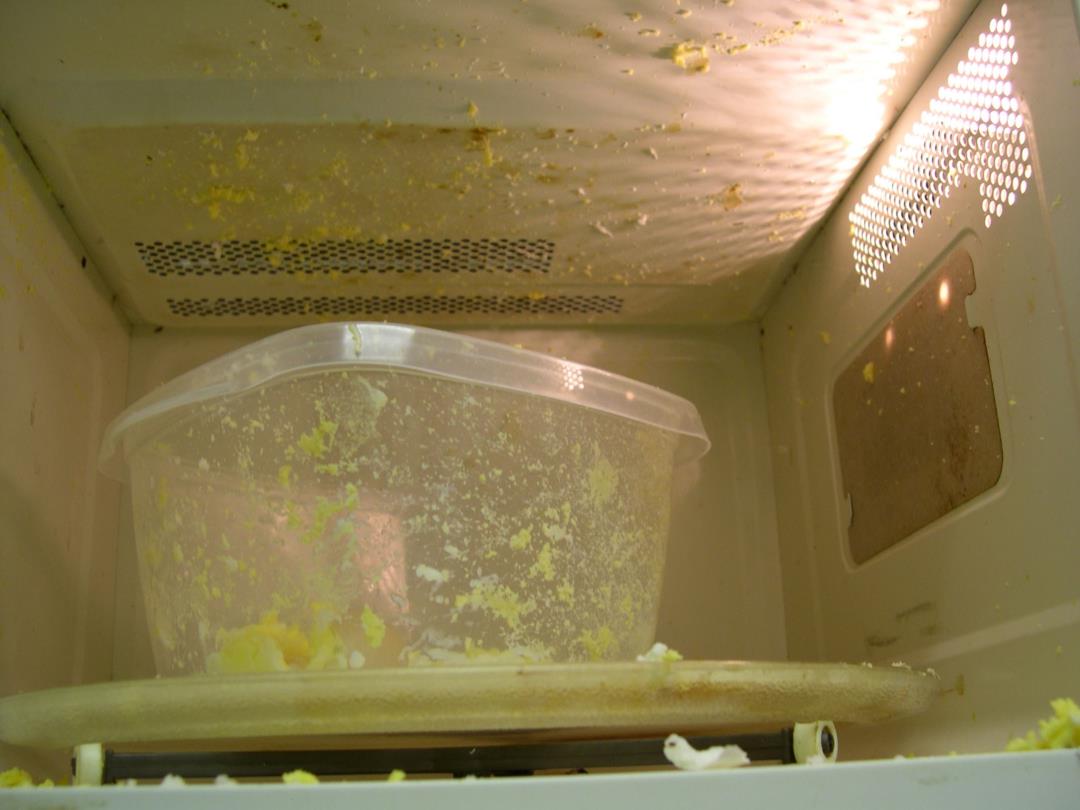A recent study has raised concerns about microwaving plastic containers, especially when it comes to baby food. Researchers from the University of Nebraska-Lincoln discovered that heating plastic baby food containers in the microwave releases both micro- and nanoplastics. The study was conducted by Kazi Albab Hussain and his colleagues after Hussain observed that plastic baby bottles released particles into formula, prompting him to investigate the extent of plastic particles released when microwaving baby food. The results were alarming, showing that heating baby food in a plastic container released over 4 million microplastic particles and more than 2 billion nanoplastic particles per square centimeter in just three minutes.
Hussain emphasized the importance of being aware of the number of plastic particles present in our food, just like we pay attention to caloric content and nutrients. The health effects of consuming these plastic particles are still unclear. However, the researchers conducted experiments where they exposed tissue from infant kidney cells to the plastic particles, and disturbingly, only 23% of the cells survived when exposed to a large dose of particles. This highlights the potential dangers associated with consuming food that has been in contact with plastic.
Experts, such as Judith Enck, a former EPA regional administrator and president of the advocacy group Beyond Plastics, are calling for more proactive measures from regulatory authorities like the FDA and EPA. Enck believes that this study should serve as a wake-up call to both new parents and regulatory agencies, urging them to take more aggressive action in regulating the use of plastic containers for heating food.
The process of microwaving plastic containers causes the plastic to undergo hydrolysis, which results in the release of microscopic plastic particles and the chemicals that hold the plastic together. Plastics are composed of polymers combined with various chemicals to give them their shape, and the heat generated in the microwave accelerates the breakdown of the plastic, releasing these particles into the food.
In conclusion, this study highlights the need for caution when using plastic containers in microwaves, especially when it comes to heating baby food. The potential health risks associated with consuming plastic particles warrant further investigation and regulatory action to protect consumers. It is crucial to be mindful of the materials used in food storage and preparation to ensure the safety of our meals.
Denial of responsibility! VigourTimes is an automatic aggregator of Global media. In each content, the hyperlink to the primary source is specified. All trademarks belong to their rightful owners, and all materials to their authors. For any complaint, please reach us at – [email protected]. We will take necessary action within 24 hours.


